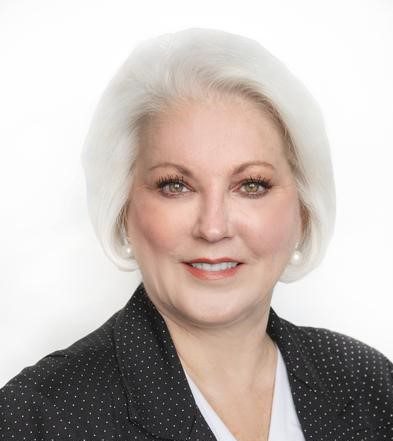Many young veterinarians have a clear vision that one day they will become a practice owner. What they may not plan for, is what will happen later in life, when they are older and in need of an exit strategy. Ownership consumes a great deal of time and energy at a level that can be difficult to maintain year after year. Many veterinarians reach a point in their career when they are ready for a change. They have been working their tail off at their practice for the past 15, 25, or even 30 years, and they are getting burned out. Some owners are ready to retire from veterinary medicine altogether. Others may want to continue working, but they are tired of the business responsibilities and just want to focus on practicing medicine.
There are also practice owners who had plans that did not pan out. Some may have intended to pass on their practice to a son or daughter, but that child grew up to live out a unique dream of their own. Others were hoping that one of their associates would be interested in buying, but not everyone wants that kind of responsibility or the burden of a business loan. Some owners work with a broker to find a private buyer and that can lead to a successful sale, but they may be leaving money on the table. An alternative that is becoming more and more commonly attainable to all of these owners is the acquisition of their business by a corporate consolidator. The purchase prices on corporate transactions tend to be much higher than many sellers ever dreamt of receiving.
Things to Consider
There are many things to consider when entertaining the sale of a business and this applies to the veterinary industry as well. For starters, you should realize how time-consuming the sale of a business can be, especially if you are bidding to multiple corporate buyers, and consider whether you have that kind of time and energy.
Consider the following questions:
- How much free time would you have over the course of a week to correspond with prospective buyers via email, phone calls, video meetings or in-person/onsite meetings?
- Are you ready to take the leap now, or will you have more free time in another 3 months when your associate returns from maternity leave or when that new hire gets onboarded?
There are numerous financial documents to be located, organized, and sent for review before a buyer is willing to show you the money! The last thing you want is to hook a buyer’s interest but then be unable to deliver and have them walk away.
Additionally, you should take a look at your numbers. If you’ve recently lost a doctor and your production reports are showing a drop in revenue, then now may not be a good time to sell. If your COGs are suddenly way up, or your payroll expense is higher than most practices, these are things that are not going to look good on paper when the financial analysts begin crunching your numbers. It may be worth consulting with a CPA or a financial advisor with veterinary expertise to find ways to make your practice more profitable and “clean up your books” before you put it on the market.
In order to sell the assets of your practice, you will also need to confirm that the business entity that owns it is in good standing. Similar to how you need a clean title in order to sell your car, the same applies to selling your veterinary practice. Many owners are not aware of their state’s corporate law requirements such as filing an annual report for an LLC entity or holding annual meetings for a corporation. If you have not been keeping records properly over the years, then you should work with a corporate attorney to bring your business entity into compliance before moving forward.
If you own your facility, the same applies for the landlord entity that owns your real estate. It should also have the required documentation on file. After the sale, that entity will become the landlord of the corporate buyer (unless you plan to sell the real estate at the same time as the practice sale).
The A-Team
Once you decide that you are ready to move forward with the sale, you will need to bring in a team of professionals to help you minimize your risk and get to the finish line. There are various transaction documents that will need to be reviewed. You will be making representations about your practice in those documents and you should have a legal professional explain them to you. It would be ideal to speak with a consultant who has expertise within the veterinary industry to determine if the terms of your sale are in-line with the current industry standards. This includes the purchase price, the terms of the facility lease (if owned) and the terms of your employment agreement with the buyer. The other thing to consider is whether the level of risk for you as the seller in those documents is what is typical and acceptable for a veterinary practice sale.
As mentioned earlier, your team should include a local attorney. If your practice is owned by a corporation or an LLC entity, the attorney should confirm that all of your corporate documents are in full compliance. If you own the practice facility personally, you may want to discuss the idea of transferring that ownership to an LLC entity to lower your personal risk before entering into a lease agreement with the corporate buyer. The local attorney can also review your transaction documents to confirm they are compliant with your state’s employment and real estate laws.
A tax accountant will be needed to review the financial and tax sections of the purchase agreement, to allocate the purchase price, and to pay the taxes associated with the sale. A financial advisor is also helpful to have on hand when you receive the funds from the sale to determine where you want to move the large lump sum. Additionally, if you are considering a rollover investment with the buyer, you will want to consult with a financial advisor on those documents.
Conclusion
Before moving forward with the corporate acquisition process, have a team of professionals ready to help you get the best sale terms possible and minimize your risk. Set aside time to devote to the process and give some thought as to what you want to do after the sale and how a non-compete could affect your future. A little preparation and organization will go a long way as you begin the next chapter of your professional (or retired) life.









